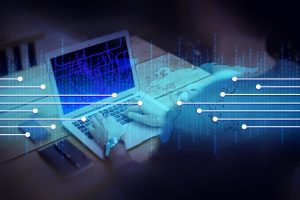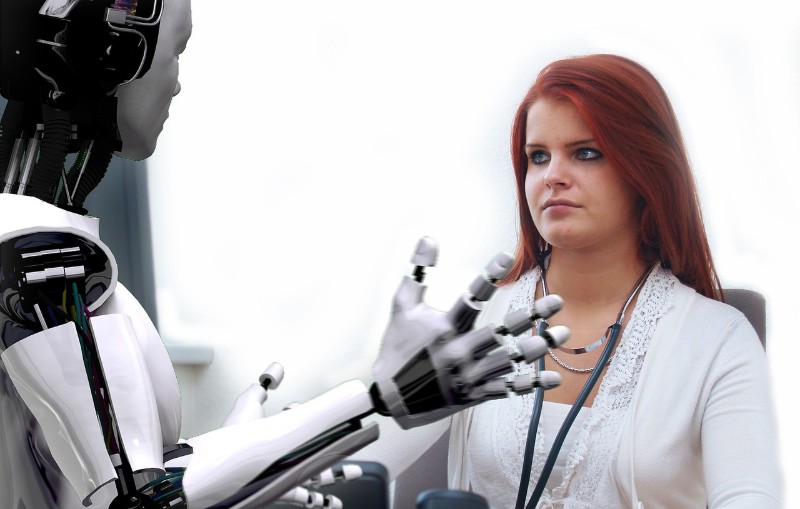Although once it was just a far-fetched idea in Silicon Valley, the use of artificial intelligence in our everyday lives is becoming more common by the day. The adoption of AI in areas that need massive amounts of data analysis has grown dramatically, particularly in human resource departments.
By using AI, companies can reduce the time spent taking care of mundane tasks and speed up data gathering, which leads to improved business performance. Let’s take a look at a few of the crucial areas where AI is in use and how it will continue to help HR departments improve employee motivation and well being.
How AI Works
Artificial intelligence is the use of computer algorithms to analyze and perform cognitive functions that mimic human behavior. It is used to understand data and make decisions that will be useful to human resource departments.
Although AI can’t replace staff, it can free up their time to allow them to focus on the jobs that are productive and create growth within the company. By taking over the heavy lifting tasks that can take up valuable time, AI can maximize the potential of employees.
Staff Sourcing
The process of finding and hiring the right candidate for each role can be a laborious task that requires little skill but does need many hours of work to get the best results.
Human resource companies use AI to analyze candidates from resumes, LinkedIn profiles, and hiring websites to find and select the people who are most suited to each specific position within a company.
Recruitment companies use AI tools that can screen through volumes of candidates to find those who would be most suited. In comparison to face to face interviewing, scouring resumes has always been the most time-consuming part of looking for and hiring a new employee.
AI has managed to automate part of the research process to let HR managers spend more time reviewing and interviewing the most suitable candidates.
Counselling Employee’s
One of the primary roles of an HR department is to keep current employees happy and focused on performing their tasks to the best of their ability. Using a chatbot, employees can get answers to personal questions that they perhaps would not ask a human resources manager.
It is commonly known that men find it hard to ask or talk about personal issues, whereas women are more inclined to do so. A recent survey conducted in Australia found that men are more willing to use an AI chatbot than their female colleagues.
By using chatbots, companies can get responses to employee’s queries automatically, and employees will be more inclined to open up and ask the difficult questions.
By responding quickly to the employee’s needs, companies can keep a happier workforce and free up more time for them to concentrate and be productive on high-value tasks.

Administrative Tasks
Human resource departments spend many of their working hours dealing with low-value mundane tasks that are easy to accomplish. By using AI, companies can now handle tasks such as provisioning laptops, phones, and other items employees need immediately, and there is no input required by humans to achieve these low-value tasks.
AI tools can be used to schedule meetings, book conference rooms, and let employees know how likely they are to be able to take vacation days during a certain period, by checking how many people have booked that time off also.
As AI is still in its infancy, it is these menial tasks where AI can help companies the most by freeing up HR staff time to concentrate on creating a positive working environment that allows employees to be their best when at work.
Promoting Career Growth
One of the crucial areas that companies look to focus on is improving their workforce skill sets and helping them to grow their careers. AI can examine current employee resumes and work records and help to suggest training courses or seminars that will help staff to attain more skills and knowledge that will eventually benefit the company.
Businesses are using AI services that can highlight under-performing employees whose work rate and efficiency are dropping, and this can be a good indicator that the employees may be looking to leave soon.
The same tools can also highlight the most productive staff and give recommendations on how a company can leverage that to the benefit of the worker and the company. AI will identify the strongest performers and perhaps recommend them for promotion or advanced training, and this will create happier and more productive staff members.
AI is already widely used in the financial sector, engineering, and customer service and will continue to grow into every industry as developments continue. HR departments should look now at what AI can do for them and start using the tools available to reduce manual data analysis tasks and make their workforce more productive and happy.










